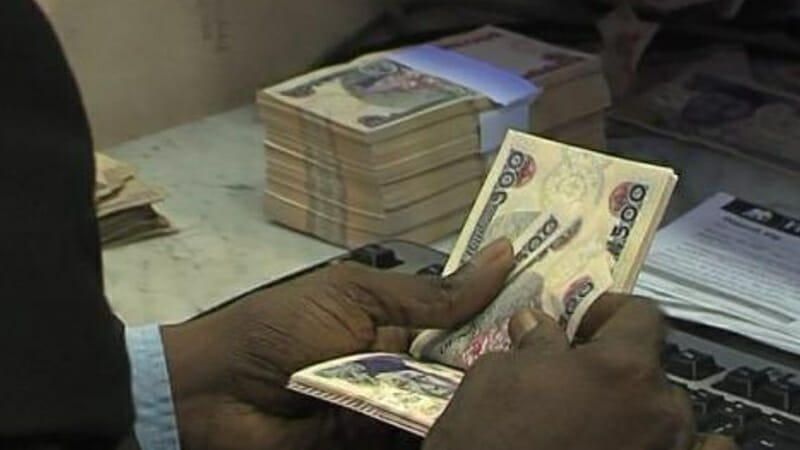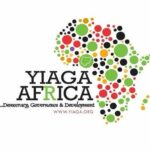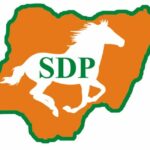The Yiaga Africa has said that the hardship caused by the scarcity of naira notes may encourage vote buying during this year’s general elections.
The Executive Director, Yiaga Africa, Mr Samson Itodo, and Chair of its Watching the Vote (WTV) working group, Dr Hussaini Abdu, said this on Thursday in Abuja at its pre-elections press conference and tour of parallel vote tabulation (PVT) date centre.
They noted that the purpose of the naira redesign policy may not be achieved due to cash scarcity and could encourage people to sell their votes, in the quest to get the new notes or any cash for that matter.
The organisation said it would deploy 3,836 observers throughout the country, comprising of 3,014 stationary Parallel Vote Tabulation (PVT) observers deployed to a random representative statistical sample of 1,507 PUs; 822 roving observers across the 774 LGAs and 36 states; and eight working group members who run real-time election analysis.
- Strong force will be used against those planning to destroy Saturday poll – Military
- At final peace accord signing: Buhari urges candidates to accept election outcome
The organisation also expressed worry over the possible challenges associated with the relocation of polling units (PUs) and PVC collection.
“Economic hardship may impact on citizens’ participation: With barely 48 hours to the presidential elections, Nigerians are currently experiencing untold economic hardship caused by the recent scarcity of new naira notes and perennial fuel scarcity. This has led to a series of protests in different parts of the country.
“This growing discontent amongst citizens may lead to voter apathy in the form of ‘protest’ which will eventually lead to low voter turnouts.
“We are also worried that citizens facing these forms of adversities going into the election may be unable to make informed choices at the polls.
“The current Naira redesign policy and scarcity of legal tender are aimed to fight vote trading on election day. The prevailing hardship it has come with may even make it easier for voters to relinquish their votes in exchange for the scarce currency.
“The mock accreditation revealed that, in an attempt by the Independent National Electoral Commission (INEC) to decongest some of its oversized polling units, the commission relocated voters to new polling units. However, voters approached their polling units for mock accreditation before realising they have been relocated to new polling units (PUs).”
While expressing concern over security during polls, the organisation said INEC should not fail Nigerians in delivering credible elections.

 Join Daily Trust WhatsApp Community For Quick Access To News and Happenings Around You.
Join Daily Trust WhatsApp Community For Quick Access To News and Happenings Around You.
